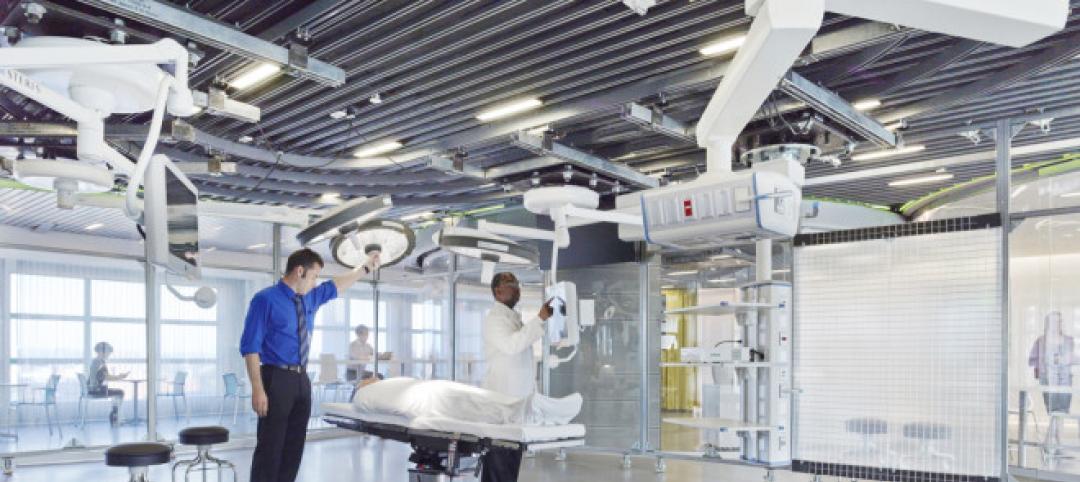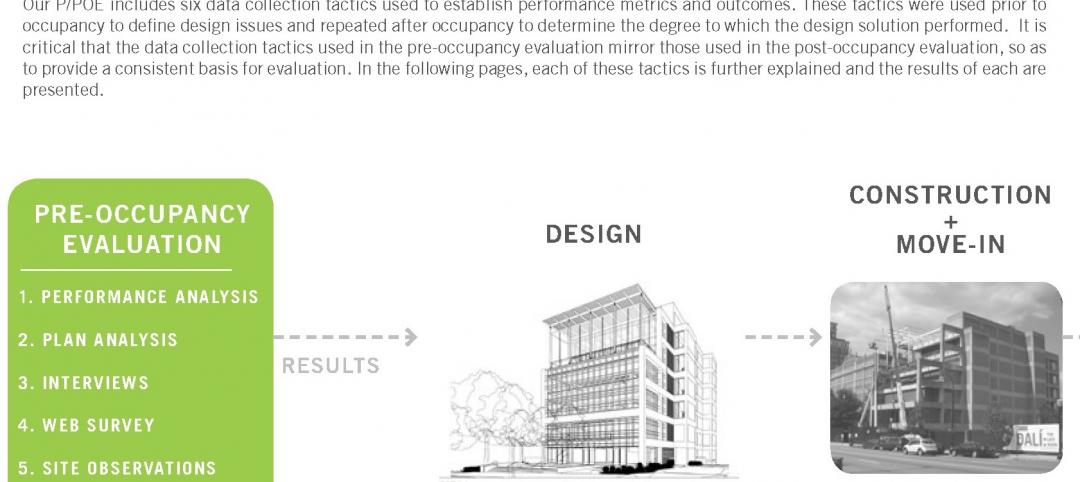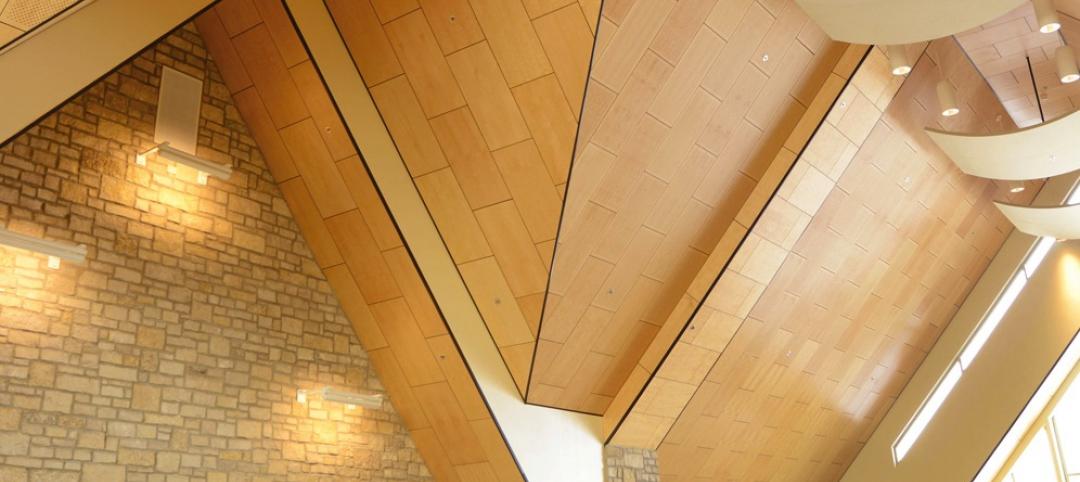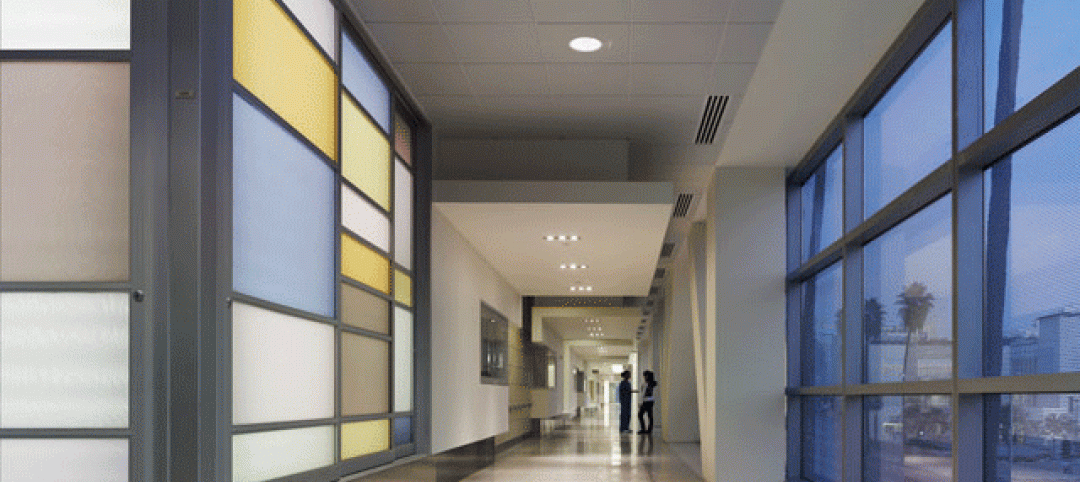In the first quarter of 2016, there were 163 transactions of medical office buildings totaling more than $1.8 billion in volume, according to estimates by CBRE, the nation’s largest real estate services provider, in its latest “National Healthcare Real Estate Investor Update.”
By far the largest transaction occurred last January, when a joint venture between Chicago-based Heitman Capital and Denver-based NexCare Group paid $199 million to acquire the 227,628-sf First Hill Medical Pavilion in Seattle.
That facility, which last year underwent an extensive renovation and 63,000-sf addition, is positioned adjacent to the Swedish Medical Center campus that’s part of Providence Health & Services healthcare system, which leases 65% of First Hill. (The architect of the reno and expansion was CollinsWoerman; the GC was Lease Crutcher Lewis.)
CBRE observes that the healthcare section continues to be “one of the strongest job generators in the American economy.” Quoting Bureau of Labor Statistics data, CBRE notes that between April 2015 and April 2016, healthcare produced 482,000 jobs, or roughly 18% of the 2.7 million nonfarm jobs formed in the U.S. during that period.
Last year, the number of uninsured Americans stood at 9.1% of the total population, the first time in the country’s history that number had fallen below 10%. Last year’s future compares to 16% in 2010, the year the Affordable Care Act was enacted.
CBRE also points to a recent Accenture study of six years of hospital margin data and patient satisfaction scores. Top-ranking hospitals achieved markets that, on average, were 50% higher than those with average scores. The top hospitals’ revenue growth also outpaced their operating expenses.
The healthcare sector could become even more attractive to certain investors after new regulations went into effect in April that mandate greater transparency and disclosure for non-traded REITs in such areas as per-share valuation and dividend distribution.
The new regs prohibit the public offering of securities of a REIT or direct participation program unless the sponsor agrees to annually disclose (at a minimum) the per-share value of each security.
“Investors of non-traded healthcare REITs now stand to benefit from these regulations aimed at fundamentally revising this investment product that has long been characterized with nontransparent share prices and high commissions,” CBRE writes. “Healthcare real estate is still very much in demand and will continue to attract broker-dealers to offer the non-traded REIT products. The existing sponsors in the market are expected to continue to thrive while making it more difficult for new sponsors to enter the space.”
Related Stories
| Sep 29, 2014
10 common deficiencies in aging healthcare facilities
VOA's Douglas King pinpoints the top issues that arise during healthcare facilities assessments, including missing fire/smoke dampers, out-of-place fire alarms, and poorly constructed doorways.
| Sep 25, 2014
Look to history warily when gauging where the construction industry may be headed
Precedents and patterns may not tell you all that much about future spending or demand.
| Sep 24, 2014
Architecture billings see continued strength, led by institutional sector
On the heels of recording its strongest pace of growth since 2007, there continues to be an increasing level of demand for design services signaled in the latest Architecture Billings Index.
| Sep 23, 2014
Cedars-Sinai looks to streamline trauma care with first-of-its-kind OR360 simulation space
The breakthrough simulation center features moveable walls and a modular ceiling grid that allow doctors and military personnel to easily reconfigure the shape and size of the space.
| Sep 22, 2014
4 keys to effective post-occupancy evaluations
Perkins+Will's Janice Barnes covers the four steps that designers should take to create POEs that provide design direction and measure design effectiveness.
| Sep 22, 2014
Sound selections: 12 great choices for ceilings and acoustical walls
From metal mesh panels to concealed-suspension ceilings, here's our roundup of the latest acoustical ceiling and wall products.
| Sep 20, 2014
Healthcare conversion projects: 5 hard-earned lessons from our experts
Repurposing existing retail and office space is becoming an increasingly popular strategy for hospital systems to expand their reach from the mother ship. Our experts show how to avoid the common mistakes that can sabotage outpatient adaptive-reuse projects.
| Sep 19, 2014
8 hot healthcare projects win interior design awards
Winners of IIDA's 2014 Healthcare Interior Design Competition include Perkins+Will, AECOM, Buffalo Design, and SmithGroupJJR, for projects from Cincinnati to Toronto.
| Sep 15, 2014
Ranked: Top international AEC firms [2014 Giants 300 Report]
Parsons Brinckerhoff, Gensler, and Jacobs top BD+C's rankings of U.S.-based design and construction firms with the most revenue from international projects, as reported in the 2014 Giants 300 Report.
| Sep 15, 2014
Perkins+Will unveils design for Ghana's largest hospital
The new hospital will be home to numerous hospital services including public health, accident and emergency, imaging, obstetrics, gynecology, dental, surgical, intensive care and administration.
















